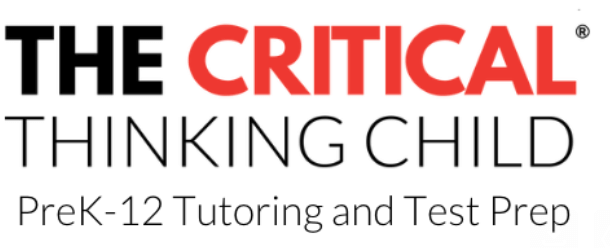Choosing a summer camp can be quite the production, with sign-ups going out in January and waiting lists a mile long. With so many options available, it’s important to hone in on your priorities for a summer camp experience and choose the best one that fits your budget, schedule, priorities, and interests.
Here are a few tips to get you started:
Know your summer camp budget
Summer camps vary widely in cost, from free to more expensive than your summer vacation. Before committing to a camp, consider your family’s budget, the number of camps your child will be attending throughout the summer, and the cost of alternative childcare options like a nanny or a babysitter.
Typically, camps done through the school system or a non-profit organization will be less expensive than private camps through a swim club or an art museum. Investigate scholarship options as well; many camps have free or reduced options for families with financial needs. You may consider sending your child to one inexpensive summer camp and one “splurge” summer camp to balance the budget.
Also, keep in mind how many children you’ll be enrolling. If you have more than one child, many camps will offer discounts for siblings enrolled in the same camp.
Make sure the camp fits your schedule
Although less expensive, many summer camps only run half days, from 9-12 or 1-4. If you have a flexible schedule or a nanny who can pick up your child, this might work for you. On the other hand, if you have an inflexible work schedule, camps like these can be a logistical nightmare. Start and finish times are worth paying attention to. Some camps start very early in the morning. Make sure that you (and your child!) can adjust to the early wakeup before you enroll.
Overnight camps are another option, and they are convenient since your children are gone the entire week. Keep in mind that children might be very tired after these types of camps so it’s best to not schedule a slew of activities or a day camp in the week following overnight camps.
Examine your priorities
What’s important to you? Ask yourself what you want your child to gain from summer camp. Is it important that your child gets an academically enriching experience? Do you want them to become a stronger part of a community? Are you looking to encourage lots of exercise each day? Or is it just important to you that your child enjoys going to camp and comes home happy each day?
Make sure that you and your child have a common understanding of what summer camp is for, and look for camps that fit these priorities. Many camps are specialized towards a specific goal like art, swimming, or sports, but many other camps are general and include academic skills, free time, and exercise.
Make sure the camp fits your child’s interests and personality
You may love music, but your child might not. You may hope your child is a basketball star, but they would rather be reading. Keep in mind that summer camps are for your child and should be an experience to get excited about. Even in academically focused camps, make sure the subject area fits the child. There are great STEM (Science, Technology, Engineering, and Math) camps that are engaging and focus on real projects like building robots or computer coding.
Additionally, make sure your child’s personality is a good fit for the camp. If it involves sitting and listening and your child is an active learner, this might not be a good fit. If the camp involves public speaking and your child is very shy, it might not be a good fit. It can be great to push your child out of his or her comfort zone, but too much will create anxiety and make the camp experience a very negative one.
Summer camp can be an exciting and memorable experience if the camp is chosen correctly. Make sure the camp fits your child’s interests and personality.
Keep budget, schedule, priorities, and interests in mind when planning for camps and you and your child will both benefit in the long run.



